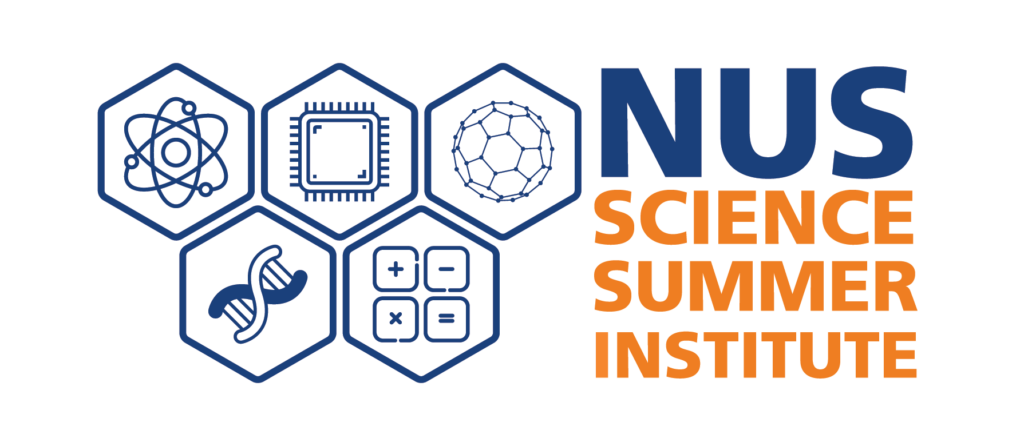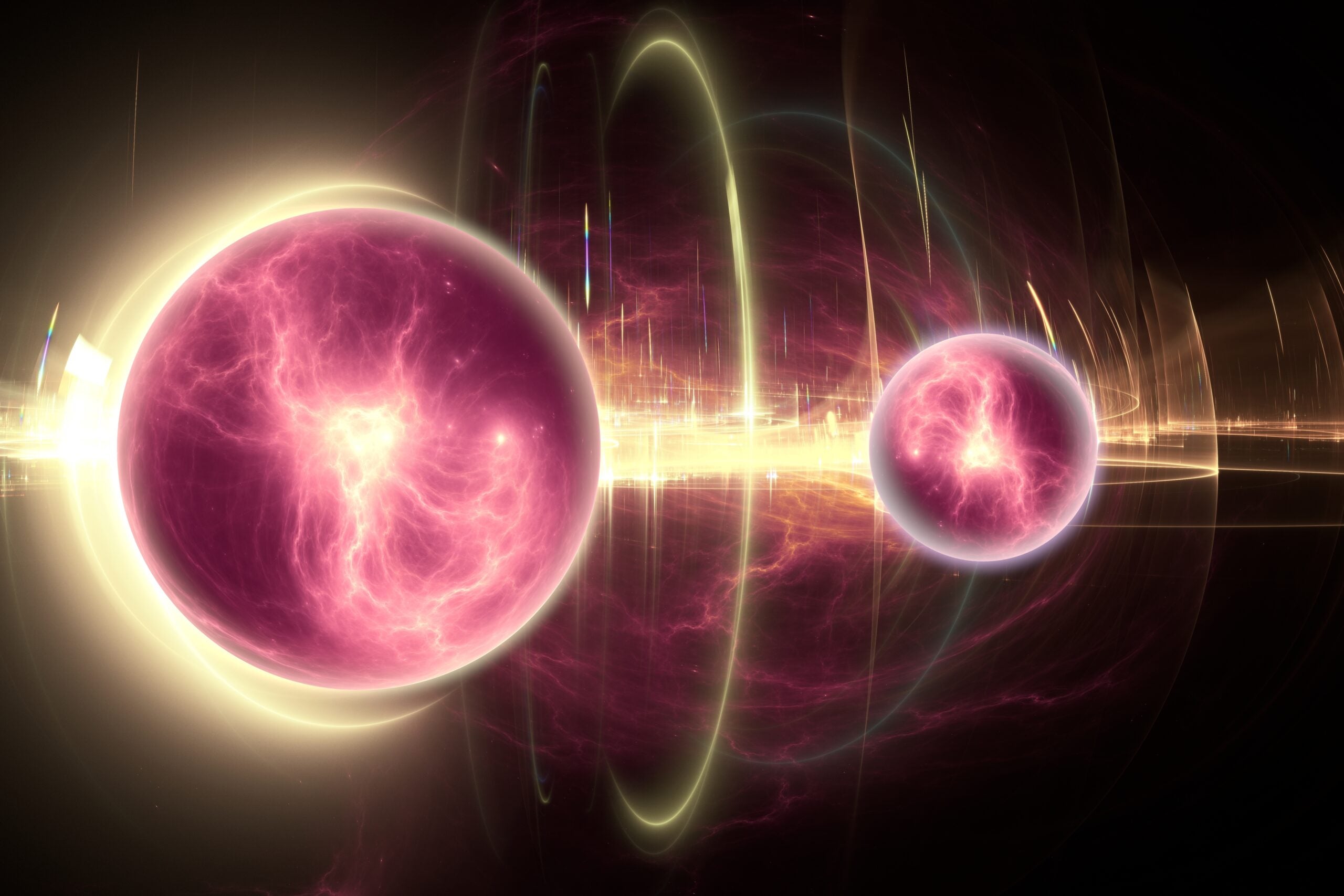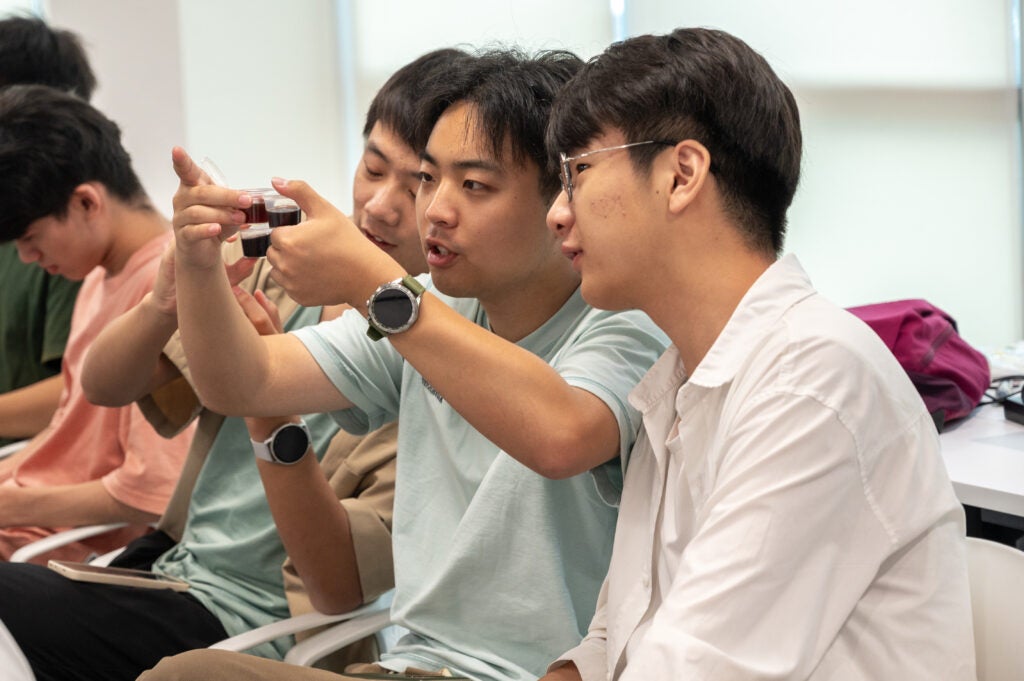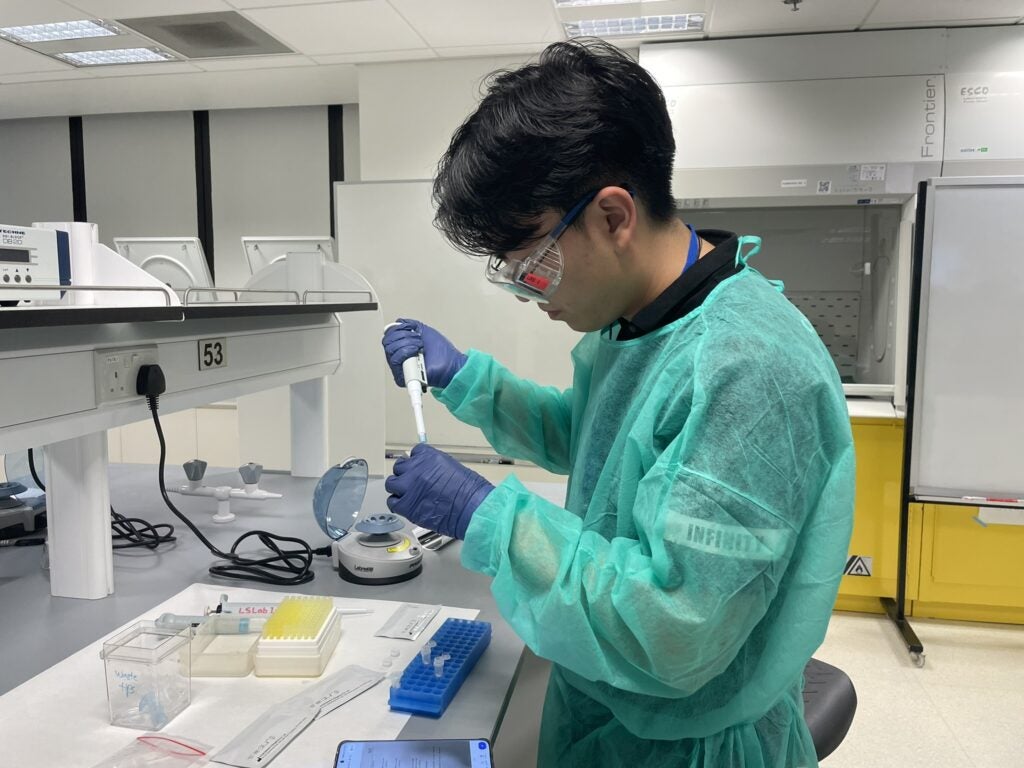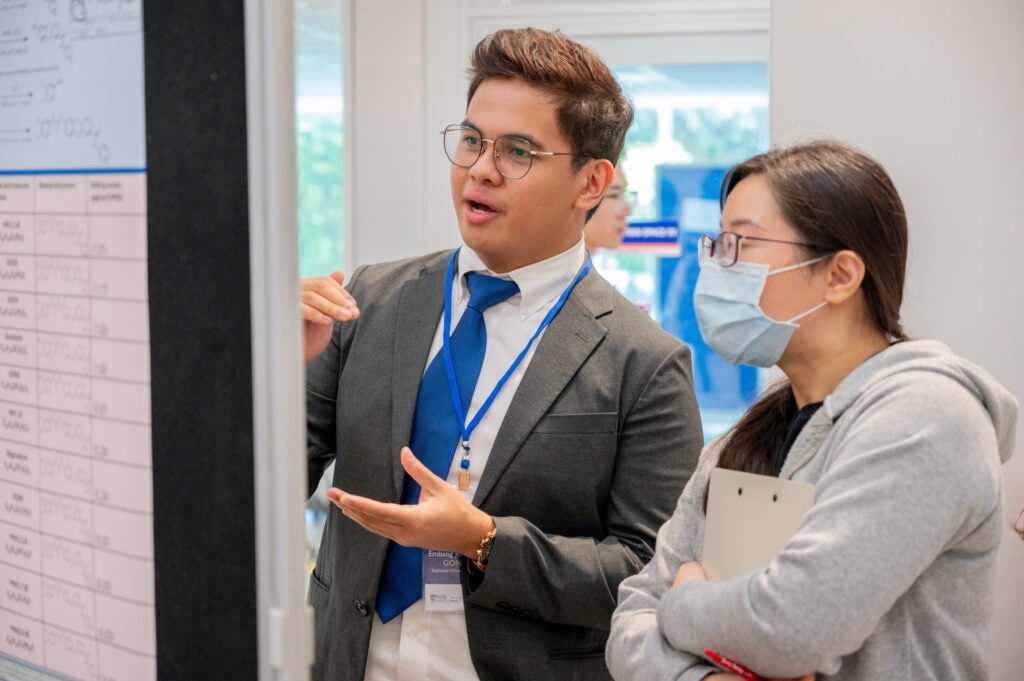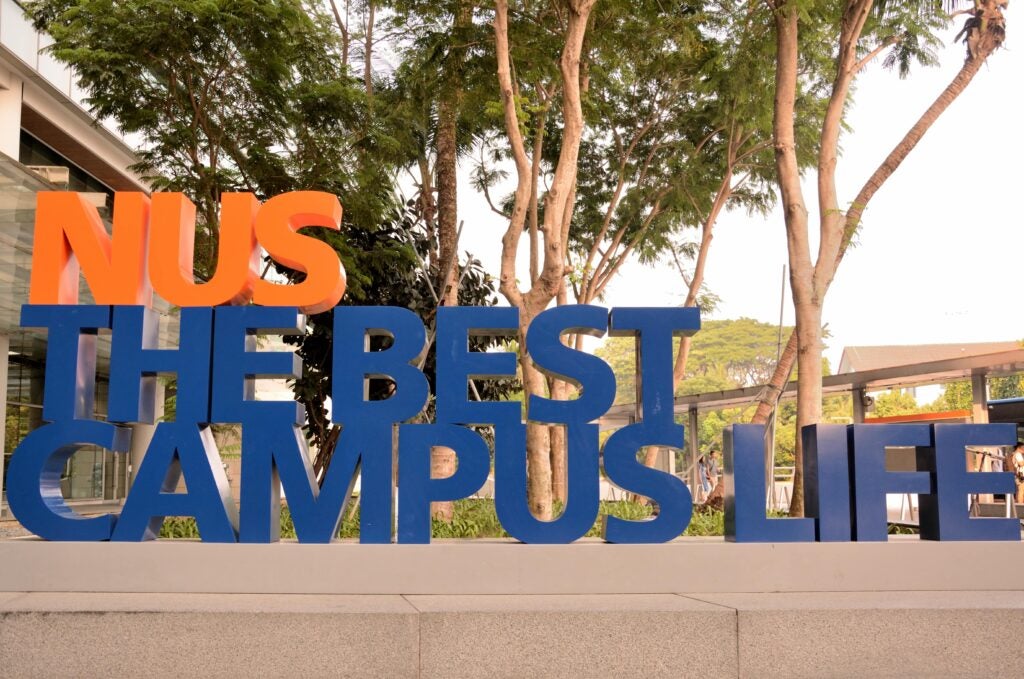|
Plenary Lecture 4: Tokenizing the language of complexity in science
Complex systems present significant scientific challenges due to their numerous interacting components across physics, chemistry, biology, and pharmacology. Their vast degrees of freedom and emergent behaviors make accurate modeling particularly difficult.
Physicists traditionally address this through coarse-graining – selectively simplifying systems by focusing on key variables while averaging out less critical details. While effective, this approach has historically relied heavily on researcher intuition and expertise.
The emergence of machine learning, particularly through tokenization techniques, is revolutionizing this process. These advanced methods now enable both experts and non-experts to systematically identify optimal coarse-graining strategies, democratizing access to insights that were previously only attainable through specialized experience. This technological advancement represents a significant leap forward in our ability to understand and predict complex system behaviors across scientific disciplines.
In this talk, Prof Duane Loh will share the experience of how our students and postdocs, equipped with machine learning tools, have embarked on such journeys of data-driven discovery in complex systems. From uncovering novel spatiotemporal motifs in quantum materials, non-reciprocal interactions between biological cells, deciphering the language of functional disorder in piezoelectric materials, unveiling the structural origins of vibrant colors in butterfly wing scales, to creating novel computational lenses for cryo-electron microscopy. They have collectively pushed the boundaries of how we think about complex systems. These experiences, he believes, show us how AI has become indispensable for understanding and discovering the secrets in complex systems.
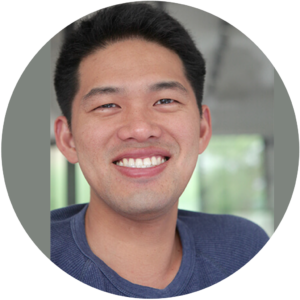
Prof Duane Loh is an Associate Professor at NUS (Physics & Biological Sciences) and Principal Investigator at the NUS Centre for Bio-imaging Sciences. He directs the NUS AI for Science Master’s programme.
His research develops computational lenses—machine learning tools integrated with scientific priors—to decode nanoscale dynamics. His group pioneered these methods for X-ray free-electron laser imaging, using unsupervised learning to reveal hidden intermediate states and self-organization in chaotic systems. They later adapted these techniques for electron microscopy, overcoming limitations of traditional hardware.
By combining advanced microscopy with statistical learning, Prof Duane Loh is leading efforts to explore nucleation processes, nanocrystal growth, and self-organization in physical and biological systems. His group now applies these data-driven approaches to understanding the complex many-body dynamics of biological cells and the spread of vector-borne diseases. This work continues to bridge the gap between massive, complex datasets and foundational scientific understanding, pushing the boundaries of discovery in both physical and biological sciences.
|
